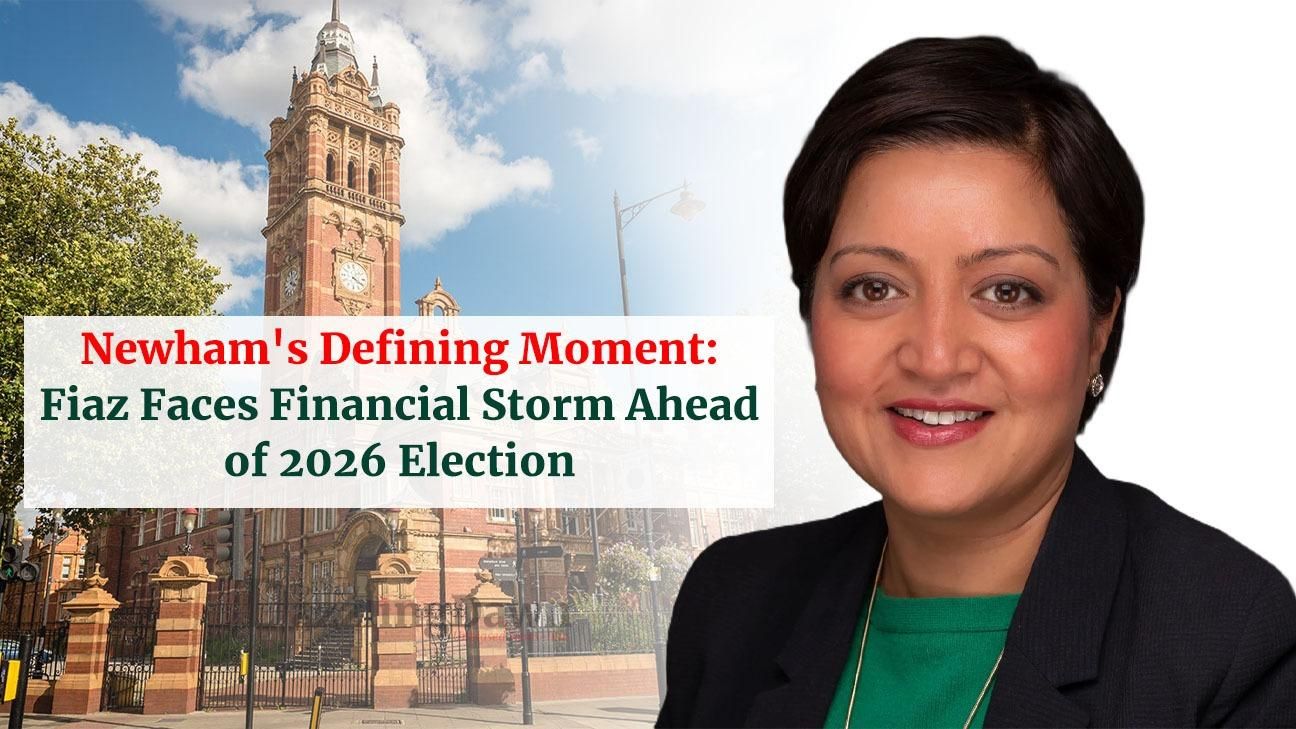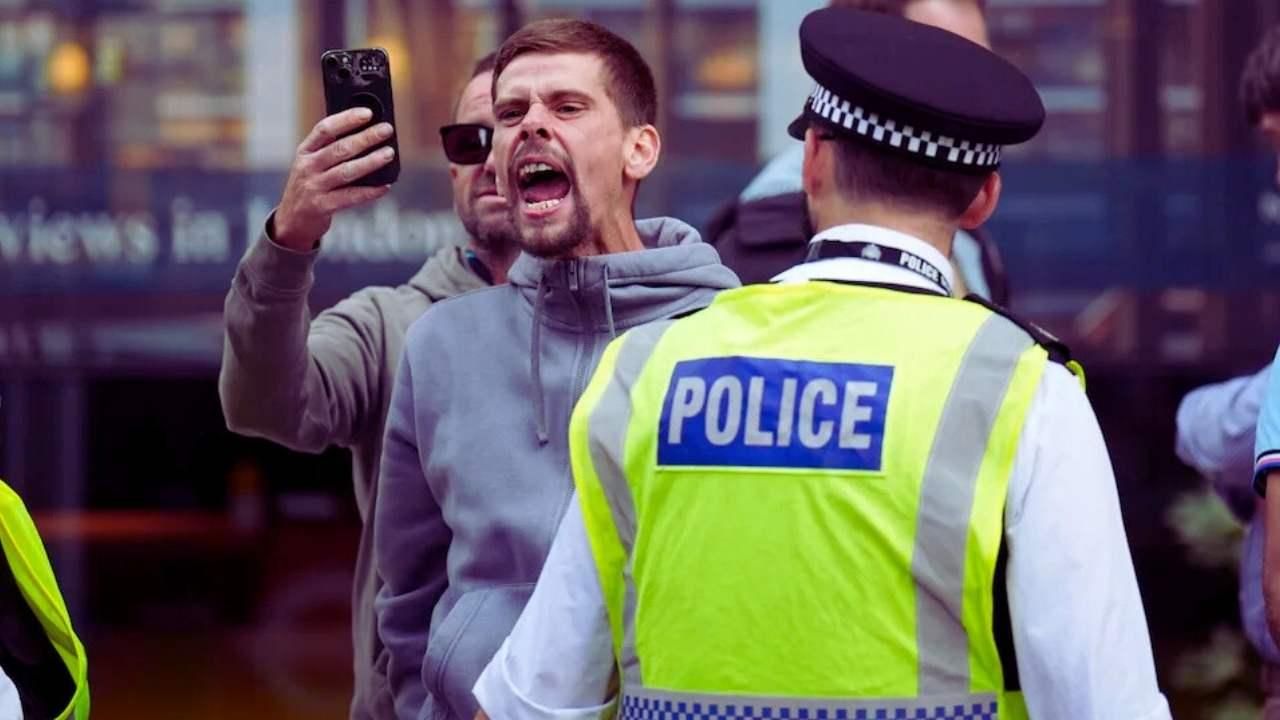The political stage is set for a tumultuous 2026 council election in Tower Hamlets, as current Mayor Lutfur Rahman's supporters signal this will be his final electoral contest amidst heightened government scrutiny and persistent challenges.
The borough remains under the microscope following a statutory intervention announced in November 2024 by the Minister for Local Government, spurred by a critical July 2024 report on the council's "Best Value Duty." Since January 2025, a team of Ministerial Envoys has been embedded within the council, providing oversight and guidance on improvement work until March 31, 2028. Their initial report, published July 9, 2025, noted "some good progress" but called for "significant progress" and greater "political and staff buy-in" to the improvement journey. Crucially, the envoys also stated there were "no significant financial concerns" at the council, marking a key distinction from previous interventions.
Despite this positive financial assessment, an April 2025 inspection revealed "serious failings" in housing consumer standards, with only 47% of individual property surveys completed in the last five years. A concerning 23% of homes do not meet the Decent Homes Standard, a benchmark the council aims to meet by 2030. The council has, however, moved forward with plans for 53 new council homes and borough-wide road resurfacing, supported by central government funds. They also opened a new Residents' Hub to improve service access.
The upcoming "vote battle" will be heavily influenced by Tower Hamlets' unique demographics and recent political history. The 2022 mayoral election saw Lutfur Rahman of the Aspire party return to power despite his prior disqualification for electoral fraud, securing 54.90% of the vote in the second round against Labour's John Biggs. This highlights a formidable and loyal support base. The government's Best Value Inspection report, published November 12, 2024, explicitly detailed a "toxic culture" and "lack of transparency" within the council, allegations that will undoubtedly resurface during campaigning.
Tower Hamlets boasts a dense and diverse population, with a 2021 census population of 310,300, an increase of 22% since 2011, making it the most densely populated borough in England. The median age is a youthful 30 years. While the article notes 74% from Black, Asian, and ethnic minority communities, more specific 2021 census data reveals a breakdown including 42.2% Asian, 30.8% White (with White British at 15%), and 17.5% Black residents. This includes significant Bangladeshi (16%), Other White (15%), Black African (12%), Indian (11%), and Pakistani (9%) communities.
Socio-economic challenges are significant, with 41% of residents and 48% of children living in households below 60% of the UK median income after housing costs in 2022/23. Tower Hamlets is among four London boroughs with over 40% child poverty.
Voter turnout has generally been low, with 28% in the 2022 local elections (down from 41.92% in the 2022 mayoral election), 35% in the 2021 London Mayoral election, and 62% in the 2019 General Election.
Beyond Rahman's (Aspire) stated "last election" bid, the Labour Party is expected to field a strong candidate to reclaim the mayoralty. Rabina Khan (Liberal Democrats), who garnered 7.65% of the first-round vote in 2022, and a Conservative candidate will also likely contest. The Green Party has also announced they will be standing a mayoral candidate and their largest ever slate of council candidates.
The government's sustained oversight through the Ministerial Envoys, in place until March 2028, ensures continuous pressure on the council for demonstrable improvements. The ongoing monitoring reports could significantly influence public perception and the electoral narrative.
Underneath the headlines, strategic campaigns are already forming. Aspire will likely emphasize local achievements and challenge perceived central government interference, while Labour will focus on governance issues and stability. Both parties are preparing for extensive community outreach and digital campaigns in this highly diverse borough.
The budget set by the Council on February 28, 2024, aimed for a balanced position across the medium term and exceeded its savings target, delivering £43.4 million in savings over three years. A 2.7% rent increase in 2025-26 helps support housing and is lower than the previous year's 7.7%. The council also aims to continue freezing council tax, with a 4.99% overall council tax rise passed for 2025/26, comprising a 2% adult social care precept and a 2.99% general council tax increase. Households with annual incomes up to £50,350 will be shielded from the increase. The "Newham Growth Plan," approved July 22, 2025, emphasizes "growth with a purpose" and the "Community Wealth Building" agenda, while the UK's first Just Transition Plan, launched in February 2024, seeks over £800 million in government funding for social housing retrofits as part of net-zero targets. The council also recently celebrated a High Court victory on the removal of Low Traffic Neighbourhood (LTN) schemes, a key policy of Mayor Rahman.



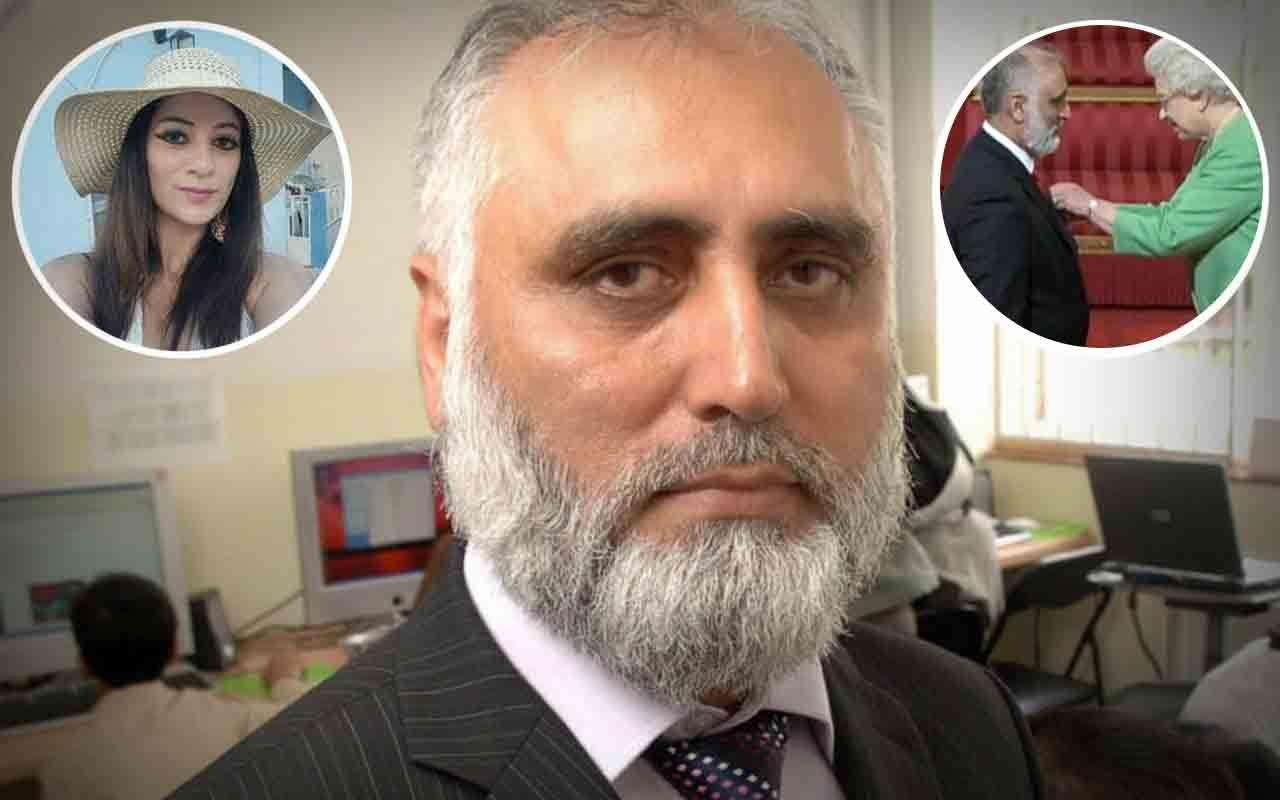
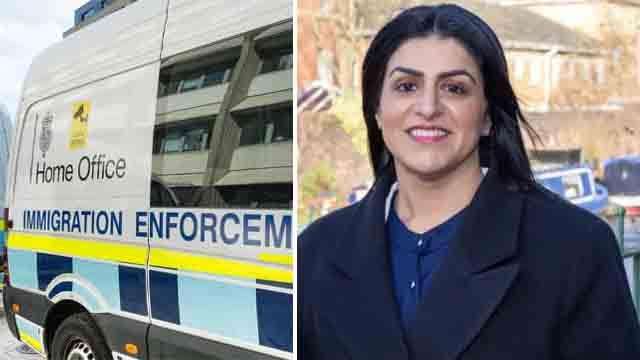


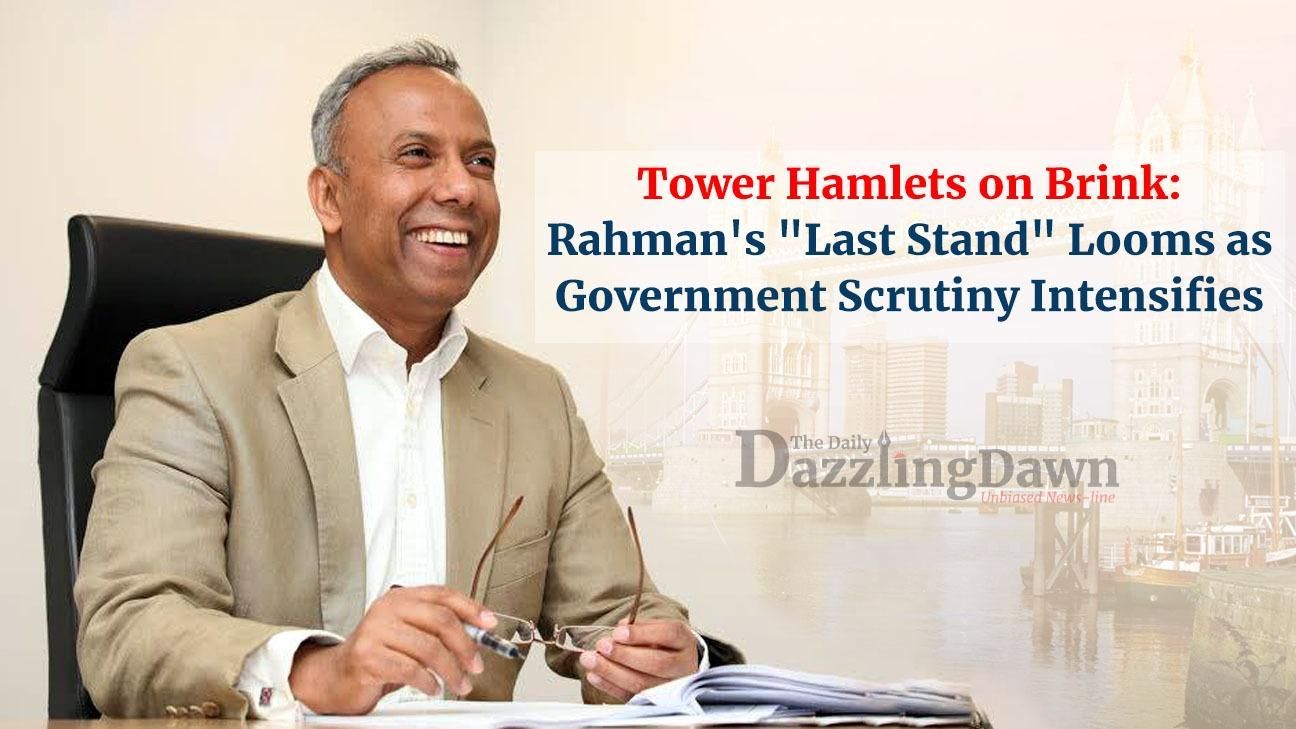
.svg)

